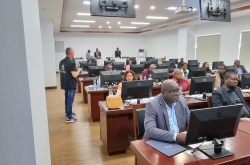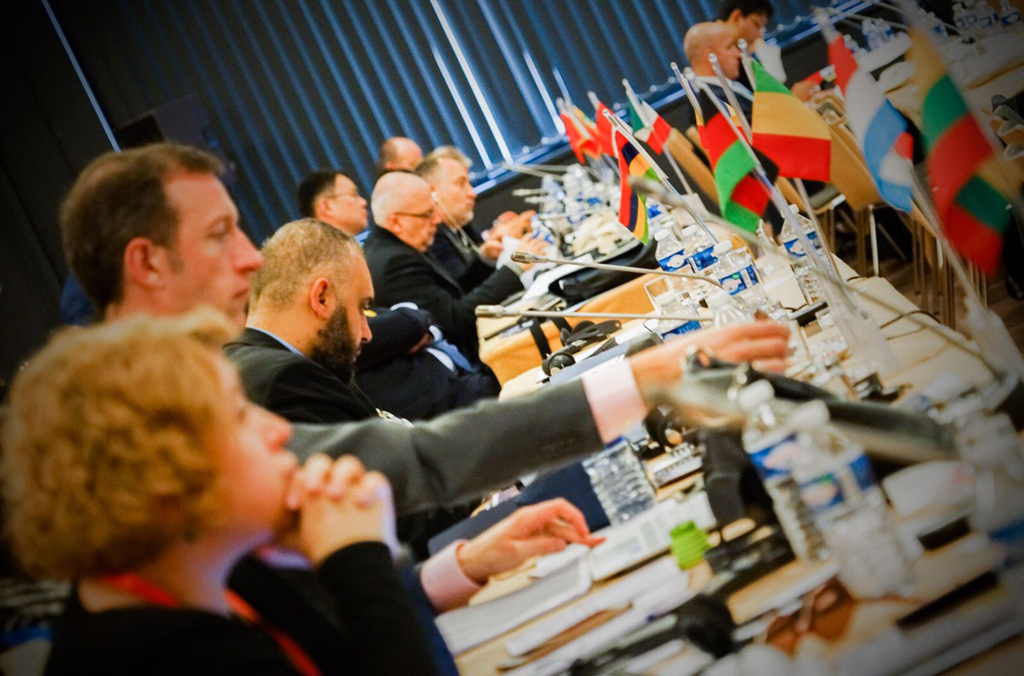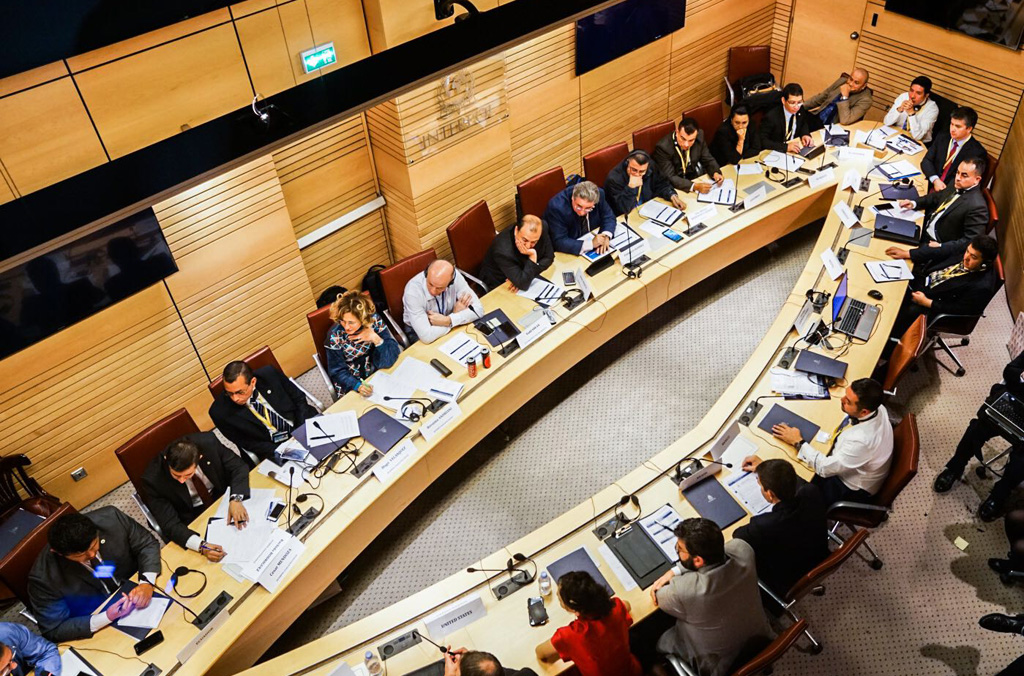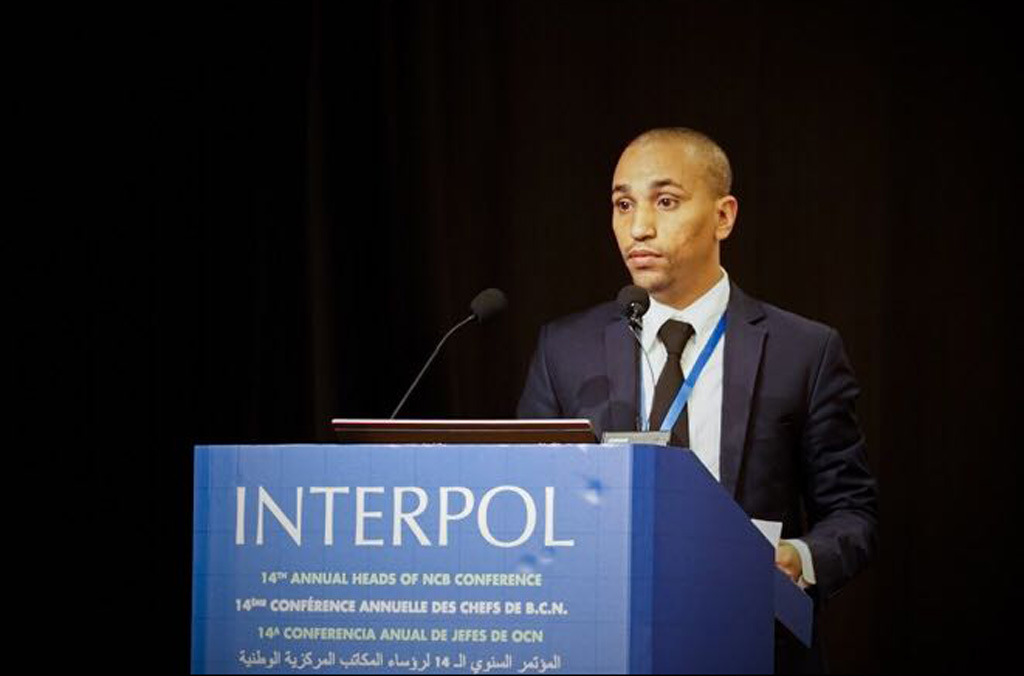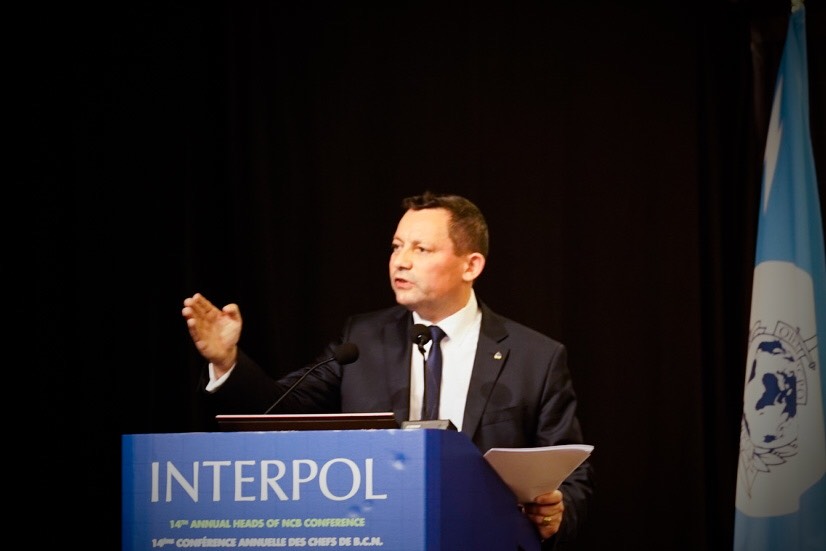LYON, France - The role of technological evolutions against terrorism and transnational crime was underlined in key measures endorsed by global police chiefs at INTERPOL's 14th annual meeting of Heads of National Central Bureaus (NCBs).
Placing the spotlight on innovation in policing and security, delegates at the three-day (10 - 12 April) conference sought to enhance international police cooperation by shaping policing tools and programmes specifically to regional needs.
Modernization that boosts investigations
With facial recognition an important and rapidly evolving biometric tool to identify crime suspects and help solve crime, senior police officials underlined the need to contribute facial images to INTERPOL’s Facial Recognition database and provide border control units with greater access to INTERPOL’s global biometric services.
In this respect, a review of INTERPOL’s Project FIRST (Facial, Imaging, Recognition, Searching and Tracking) provided a valuable insight on how biometric data sharing on terrorist suspects can help boost national and regional security through biometric data sharing.
The meeting heard how as part of Project FIRST's field operation in Niger, facial images, fingerprints and DNA taken from 179 prison inmates resulted in two hits against INTERPOL’s databases. One of the hits identified an inmate arrested in a terrorist training camp as the same person who had been fingerprinted in a Malian prison in 2014.
Similarly, police in Buenos Aires recently arrested an internationally wanted murder suspect after his image was identified as a likely match by INTERPOL’s facial recognition unit.
Blueprint for future global policing
As part of the Secretary General’s INTERPOL 2020 reform agenda, NCBs were also briefed on current efforts to enhance INTERPOL’s core services through a comprehensive capabilities review for improving contemporary global law enforcement effectiveness, including:
- Twinning: an INTERPOL programme enabling countries to draw on each other’s assets, best practices and resources so that police in all regions operate at top capacity.
- NCB Quality Standards project: an online initiative enabling countries to self-assess their compliance with INTERPOL working standards and enable the General Secretariat to provide tailored support whenever required.
- Online police translation service: a critical tool for a multilingual organization requiring fast police action around the clock in a secure environment, adapted specifically to international police terminology.
- I-Core: a review initiative to ensure that new INTERPOL global police services are produced, integrated, managed and delivered coherently and in keeping with the needs of the global law enforcement community.
INTERPOL Memorial
During the three days of the meeting, participants paid tribute to fallen police officers worldwide at a memorial which INTERPOL recently unveiled at its General Secretariat headquarters in Lyon as well as the INTERPOL global Complex for Innovation in Singapore.
Véase también
Noticias conexas

INTERPOL welcomes new DNA legislation in Belgium
11 de abril de 2024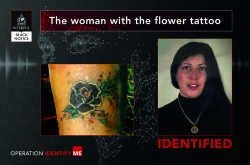
Identifican a una mujer del Reino Unido asesinada en Bélgica tras un llamamiento internacional
20 de diciembre de 2023